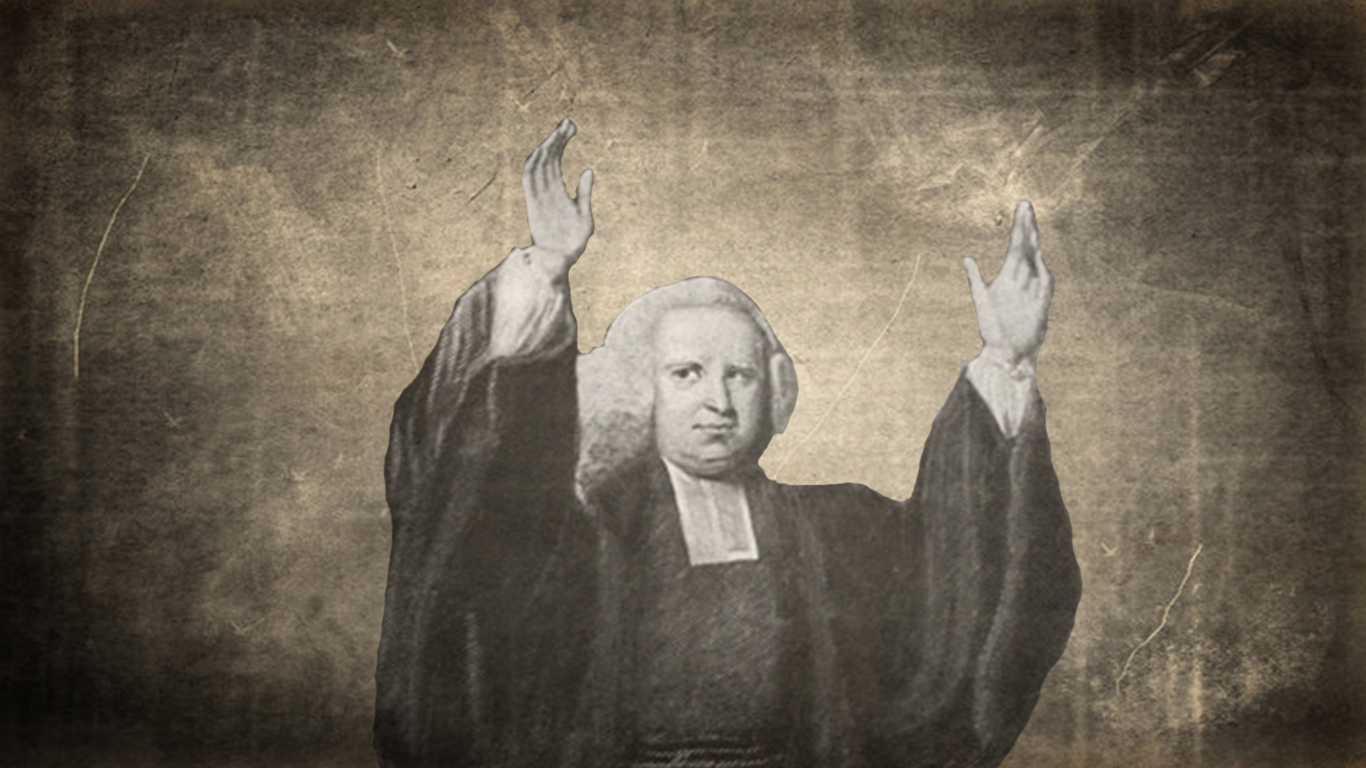We encourage lectures on all subjects pertaining to our spiritual and secular welfare. We do not compel, urge or advocate any attempts by or to another person to worship God in any particular or prescribed manner. We advocate and promote spiritual healing. We protect and encourage spiritual teachers and mediums, who are followers of the light, in their efforts to prove the continuity of life. We encourage all people to keep an open mind as growing thought and investigation reveal new truths. We believe in personal responsibility. We believe that all individuals should be free to follow their hearts and minds in spiritual as well as secular matters, provided they remember to act with the highest, best and truest intent in any given situation.
https://www.tmsli.org/
Defining Spiritualism
See this interview with Stacy Kopchinski, Trustee on the National Board of the NSAC for insight into the history and nature of Spiritualism: https://www.mysticmag.com/psychic-reading/nsac-interview/
Adopted by the National Spiritualist Association of Churches
Spiritualism is the Science, Philosophy, and Religion of continuous life, based upon the demonstrated fact of communication, by means of mediumship, with those who live in the Spirit World. (1919)
Spiritualism Is a Science because it investigates, analyzes and classifies facts and manifestations demonstrated from the spirit side of life.
Spiritualism Is a Philosophy because it studies the Laws of Nature both on the seen and unseen sides of life and bases its conclusions upon present observed facts. It accepts statements of observed facts of past ages and conclusions drawn therefrom, when sustained by reason and by results of observed facts of the present day.
Spiritualism Is a Religion because it strives to understand and to comply with the Physical, Mental and Spiritual Laws of Nature, which are the laws of God.
A Spiritualist is one who believes, as the basis of his or her religion, in the communication between this and the Spirit World by means of mediumship and who endeavors to mould his or her character and conduct in accordance with the highest teachings derived from such communication. (1914, Rev. 1938)
A Medium is one whose organism is sensitive to vibrations from the spirit world and through whose instrumentality, intelligences in that world are able to convey messages and produce the phenomena of Spiritualism. (1914)
A Spiritualist Healer is one who, either through one’s own inherent powers or through mediumship, is able to impart vital, curative force to pathologic conditions. (1930, 1993)
The Phenomena of Spiritualism consists of Prophecy, Clairvoyance, Clairaudience, Gift of Tongues, Laying on of Hands, Healing, Visions, Trance, Apports, Levitation, Raps, Automatic and Independent Writings and Paintings, Voice, Materialization, Photography, Psychometry and any other manifestation proving the continuity of life as demonstrated through the Physical and Spiritual senses and faculties of man. (1950)
- We believe in God.
- We believe that God is expressed through all Nature.
- True religion is living in obedience to Nature’s Laws.
- We never die.
- Spiritualism proves that we can talk with people in the Spirit World.
- Be kind, do good, and others will do likewise.
- We bring unhappiness to ourselves by the errors we make and we will be happy if we obey the laws of life.
- Everyday is a new beginning.
- Prophecy and healing are expressions of God.


